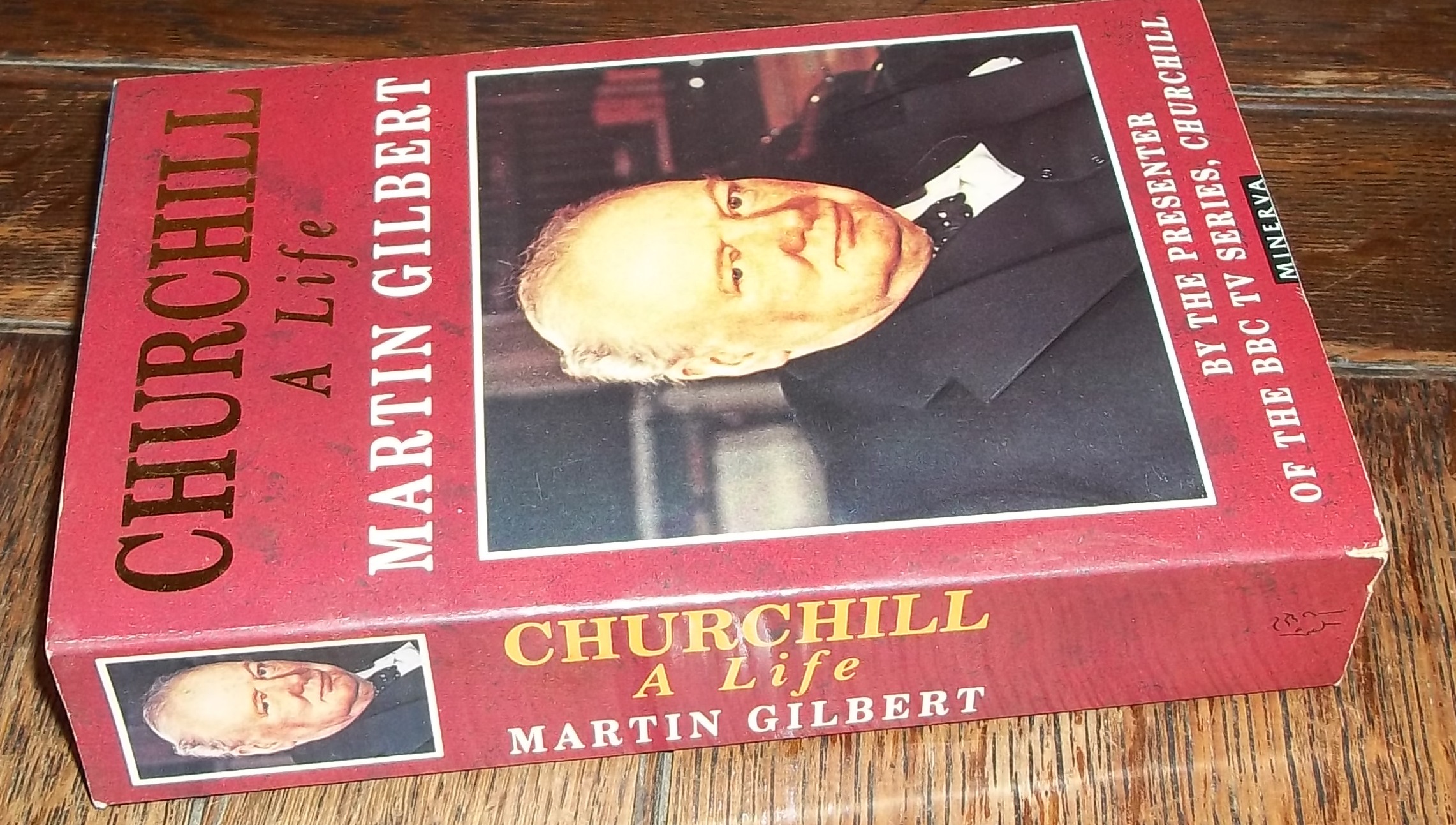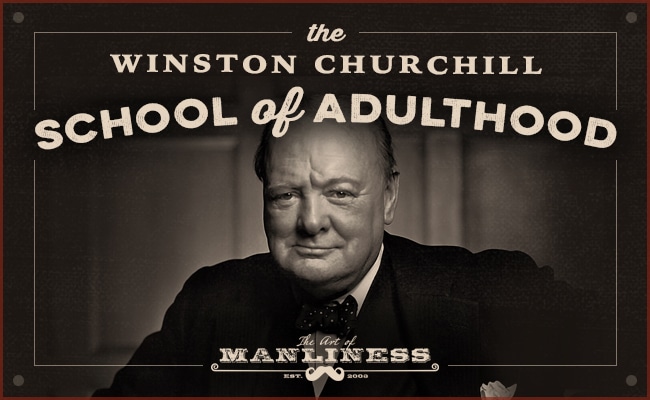Churchill: A Life - The Extraordinary Journey of a Legend
Winston Churchill is widely regarded as one of the greatest leaders in modern history. His exceptional career spanned over six decades, during which he served as a soldier, journalist, author, and politician. Churchill's indomitable spirit and unwavering determination inspired his countrymen and allies during some of the most challenging times in history.
Sir Winston Churchill, former Prime Minister of the United Kingdom, is considered by many to be one of the greatest figures in modern history. A man of many talents and interests, Churchill was a politician, writer, historian, soldier, and artist. He was also a charismatic speaker, and his speeches during World War II helped inspire the British people to stand strong in the face of adversity.
Churchill’s life has been the subject of countless books, films, and documentaries, and for good reason. He lived through some of the most tumultuous events of the 20th century, including two world wars and the rise of totalitarian regimes. He also played a pivotal role in shaping the course of history, both as a leader and as a thinker.
In this article, we’ll take a closer look at Churchill’s life, exploring his early years, his political career, his personal life, and his legacy. We’ll examine some of the key events and decisions that shaped his life, and we’ll also delve into some of the lesser-known aspects of his personality and interests.
Early Years
Winston Churchill was born on November 30, 1874, in Blenheim Palace, Oxfordshire. His father, Lord Randolph Churchill, was a prominent politician, and his mother, Jennie Jerome, was an American socialite. From an early age, Churchill showed a keen interest in history and military affairs, and he was an avid reader and writer.
Churchill’s childhood was marked by both privilege and tragedy. Although he grew up in a wealthy and influential family, he was often neglected by his parents, who were more interested in their own careers and social lives. Churchill also suffered from a speech impediment, which made it difficult for him to communicate effectively.
Despite these challenges, Churchill was determined to succeed, and he worked hard to overcome his speech impediment and improve his academic performance. He attended the Royal Military College, Sandhurst, and after graduation, he joined the British Army, serving in India and Sudan.
Political Career
Churchill’s political career began in earnest in 1900 when he was elected to the House of Commons as a member of the Conservative Party. Over the next several years, he rose through the ranks of the party, holding a number of key positions, including President of the Board of Trade and Home Secretary.
However, Churchill was a complex and sometimes controversial figure, and his political career was marked by both triumphs and setbacks. He switched parties twice, first to the Liberal Party in 1904, and then back to the Conservatives in 1924. He also held a number of positions in both World War I and World War II, including serving as First Lord of the Admiralty during the early years of World War II.
Personal Life
Churchill’s personal life was just as colorful and varied as his political career. He was married twice, first to Clementine Hozier, whom he wed in 1908, and then to Pamela Harriman, whom he married in 1971, shortly before his death.
Churchill was also a prolific writer, publishing numerous books and articles on a wide range of subjects. Some of his most famous works include The Second World War, A History of the English-Speaking Peoples, and The River War.
In addition to his writing, Churchill was also a talented artist, and he painted throughout his life. His paintings were often inspired by his travels, and he produced a number of landscapes, seascapes, and still lifes.
Legacy
Today, Churchill’s legacy is still felt around the world. His wartime leadership and inspiring speeches have made him a symbol of strength and resilience, and his contributions to history and literature continue to be studied and celebrated.
However, Churchill’s legacy is not without controversy. Some have criticized his record on issues such as colonialism and race, and his views on these topics were often at odds with contemporary attitudes. Additionally, his political decisions and actions have been the subject of debate and analysis, with some arguing that he was an uncompromising leader who sometimes made controversial or even reckless choices.
Despite these criticisms, Churchill remains one of the most important figures of the 20th century, and his life and legacy continue to be studied and debated by historians and scholars around the world. His leadership during World War II and his contributions to British and world history are undisputed, and his speeches and writings continue to inspire generations of people to this day.
Conclusion
In conclusion, Winston Churchill was a larger-than-life figure whose impact on history and culture cannot be overstated. His life was marked by both triumphs and setbacks, and his legacy continues to be a subject of debate and analysis. However, there is no denying that Churchill was a visionary leader who inspired his countrymen and women to stand strong in the face of adversity, and whose contributions to history and literature will be remembered for generations to come.



